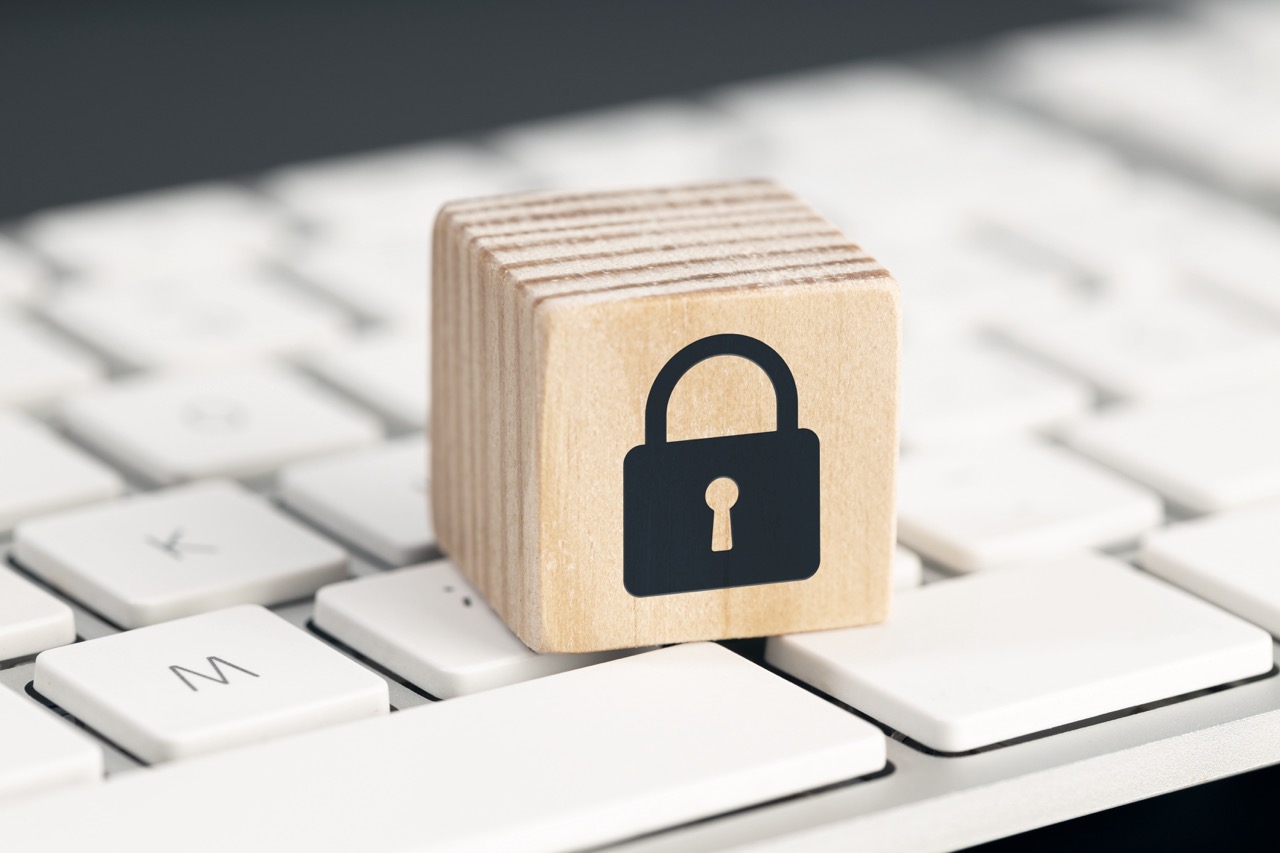As the popularity of streaming devices and applications like Kodi continues to rise, so does the need for enhanced security and privacy. Kodi, a versatile media center, allows users to stream a variety of content from around the world. However, it also exposes users to potential risks, including data leaks, geo-restrictions, and copyright issues. This is where Virtual Private Networks (VPNs) come into play. In this article, we will explore the significance of VPNs for Kodi users, the essential features to consider, how they improve security, a comparative analysis of top VPN providers, a detailed setup guide, and solutions to common troubleshooting issues.
Understanding the Importance of VPNs for Kodi Users
Using Kodi without a VPN can expose users to a range of risks, including data interception, ISP throttling, and legal repercussions for accessing copyrighted content. A VPN encrypts your internet connection, making it difficult for third parties, including your Internet Service Provider (ISP), to monitor your online activities. By masking your IP address, a VPN allows you to browse and stream content anonymously, providing a safer streaming experience.
Moreover, many Kodi add-ons are geo-restricted, meaning they can only be accessed from certain locations. A VPN enables you to bypass these geographic restrictions by allowing you to connect to servers in different countries. This means you can access a wider range of content, including regional shows, movies, and live sports, that would otherwise be unavailable in your location.
Finally, the legality of using certain Kodi add-ons can be murky, with some offering unauthorized access to copyrighted material. Using a VPN not only provides a layer of protection against potential legal action but also enhances your overall streaming experience by ensuring that your activities remain private.
Key Features to Look for in a VPN for Kodi
When choosing a VPN for Kodi, several key features should be considered to ensure optimal performance and security. First and foremost, speed is crucial. Streaming high-quality content requires a fast and stable connection, so look for a VPN that offers high-speed servers with minimal latency. A provider with a robust network of servers across various locations can help maintain speed, especially during peak usage times.
Another important feature is compatibility across devices. As Kodi can be installed on various platforms, including Windows, macOS, Android, and Raspberry Pi, your chosen VPN should support the operating systems you plan to use. Additionally, having a dedicated Kodi add-on or simple installation process can enhance user experience and ease of use.
Lastly, consider the level of security and privacy features offered by the VPN. Look for a provider that offers strong encryption protocols, a no-logs policy, and advanced security features such as a kill switch to ensure that your connection remains secure even if the VPN drops unexpectedly. These features are essential in protecting your data and online activities while using Kodi.
How VPNs Enhance Security and Privacy on Kodi
The primary way that VPNs enhance security for Kodi users is through encryption. By encrypting your internet traffic, a VPN makes it difficult for anyone—be it ISPs, hackers, or government entities—to intercept and analyze your data. This means your streaming activities, login credentials, and personal information remain confidential, providing a safer environment for online streaming.
In addition to encryption, VPNs often implement additional security features such as IP masking and DNS leak protection. IP masking hides your actual IP address, making it virtually impossible for websites and services to identify your true location. DNS leak protection ensures that your DNS queries are routed through the VPN’s encrypted tunnel, preventing any accidental leaks that could expose your browsing habits.
Finally, many reputable VPNs adhere to strict no-logs policies, meaning they do not store any records of your online activities. This commitment to privacy is essential for Kodi users who want to ensure that their streaming habits remain private and protected from potential legal scrutiny. By combining these security measures, VPNs create a robust shield for Kodi users against a variety of online threats.
Top VPN Providers for Kodi: A Comparative Analysis
When evaluating VPN providers for Kodi, several factors come into play, including speed, server locations, security features, and customer support. Providers like ExpressVPN, NordVPN, and CyberGhost consistently rank among the top choices for Kodi users. ExpressVPN is known for its exceptional speed, making it ideal for streaming high-definition content without buffering. Its extensive network of servers across 94 countries allows for easy access to geo-restricted content.
NordVPN, on the other hand, offers advanced security features, including Double VPN and Onion over VPN, which add extra layers of protection. With over 5,000 servers worldwide, NordVPN also excels in bypassing geo-blocks, ensuring that users can access their favorite content regardless of their location. In addition, its user-friendly interface is compatible with multiple devices, making it easy for Kodi users to set up and use.
CyberGhost is another commendable option, particularly for beginners seeking a straightforward solution. It offers dedicated servers optimized for streaming and a generous 45-day money-back guarantee, providing users with ample time to test its performance. While CyberGhost may not be as fast as ExpressVPN, its combination of affordability, ease of use, and robust security features makes it a competitive choice for Kodi users.
Step-by-Step Guide to Setting Up a VPN with Kodi
Setting up a VPN with Kodi is a straightforward process that can significantly enhance your streaming experience. First, select a reputable VPN provider and subscribe to a plan that suits your needs. Once you have completed the registration, download and install the VPN application on the device where Kodi is installed. Most VPNs offer apps for various platforms, including Android, Windows, and macOS, making installation simple.
After installation, launch the VPN application and log in using your credentials. From there, connect to a server of your choice. It’s advisable to select a server that is geographically close to you for optimal speed. Once connected, you can verify your new IP address through various online tools to ensure that your real location is masked.
Finally, open Kodi and start streaming your favorite content. Your VPN will run in the background, providing added security and privacy. If you encounter any issues, check your VPN settings for features like split tunneling, which allows you to choose which apps use the VPN connection, and make adjustments as necessary. Always keep your VPN application updated to maintain the best performance.
Troubleshooting Common Issues with VPNs on Kodi
While using a VPN with Kodi usually enhances the streaming experience, users may occasionally run into issues. One common problem is buffering or slow speeds. If you experience this, try connecting to a different server closer to your location, or consider switching to a server optimized for streaming. Additionally, some ISPs may throttle speeds for VPN connections; in this case, enabling features like obfuscation within your VPN settings can help circumvent these limitations.
Another issue can arise if certain add-ons refuse to work while the VPN is active. Some add-ons are known to block VPN users due to licensing agreements. To troubleshoot this, try disconnecting from the VPN and then re-establishing the connection after accessing the add-on. If the problem persists, check for any updates for both the add-on and the VPN application, as updates can often resolve compatibility issues.
Lastly, if you are experiencing DNS leaks or issues with your actual IP address being revealed, ensure that DNS leak protection is enabled within your VPN settings. Running a DNS leak test can help verify that your connection is secure. If anomalies are detected, consider switching to a different VPN provider known for its reliability and security features.
In conclusion, utilizing a VPN while streaming on Kodi is not just a matter of preference but a necessity for enhancing privacy, security, and access to content. With the multitude of VPN options available, it’s essential to choose one that aligns with your specific needs, considering factors like speed, security features, and ease of use. By following the proper setup procedures and troubleshooting common issues, Kodi users can enjoy a safer and more versatile streaming experience, free from the constraints that typically accompany online media consumption.










